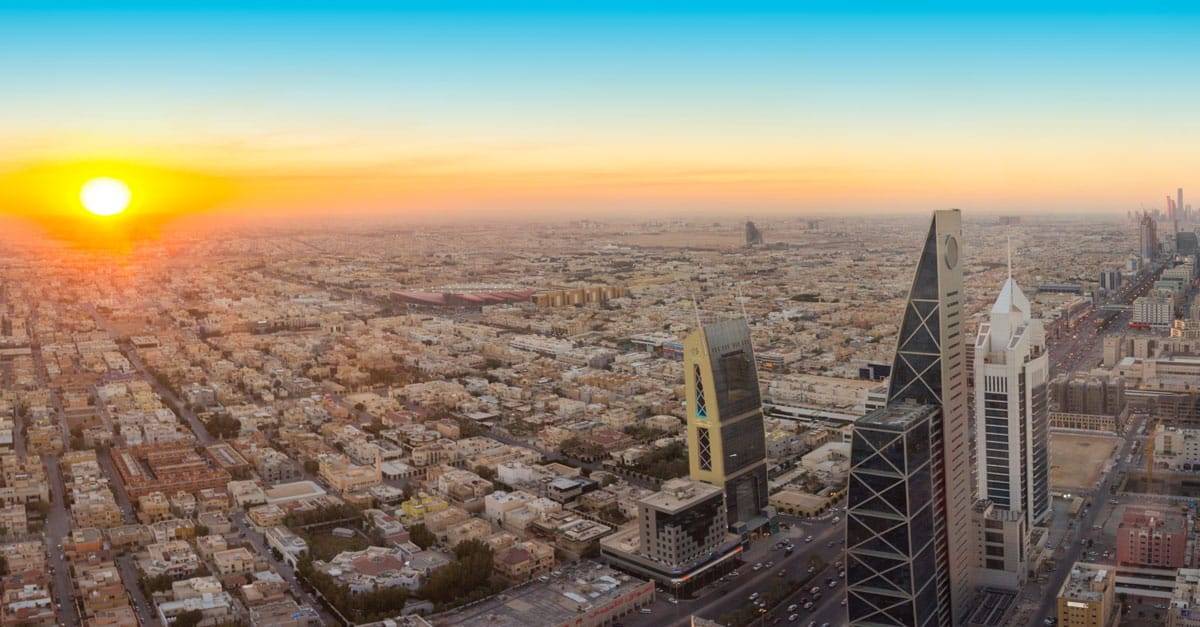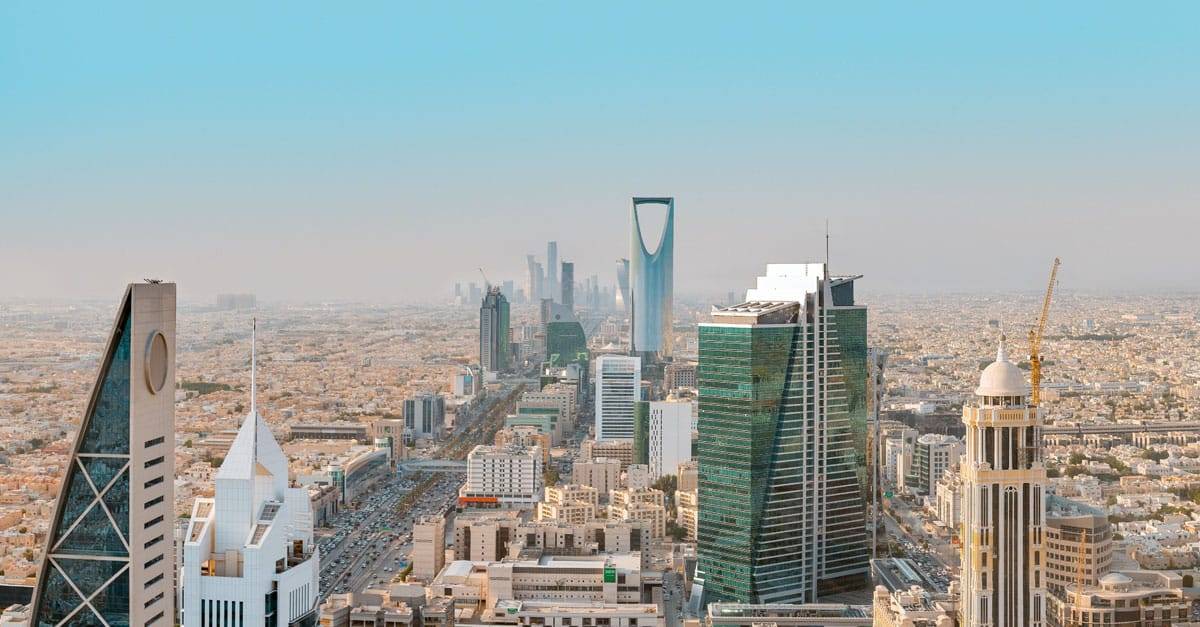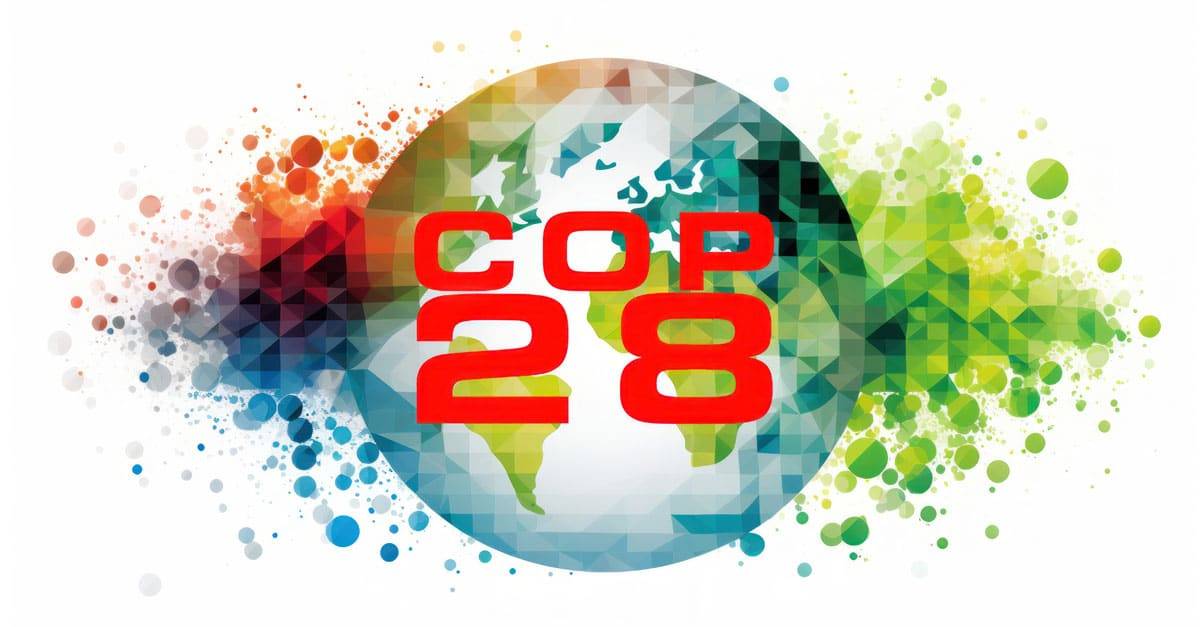Despite lower overall growth reflecting additional oil production cuts, non-oil growth will remain close to 5 percent in 2023, spurred by strong domestic demand. According to the International Monetary Fund (IMF), the diversification of the Saudi Arabian economy has been driven by improvements in the regulatory and business environment. As a result of a new set of laws to promote entrepreneurship, protect investors’ rights, and reduce the costs of doing business, new investment deals and licences grew by 95 percent and 267 percent in 2022, respectively. In addition, the Saudi Investment Fund (PIF) has been deploying capital, including to help stimulate private sector investment.
Boosting Private Sector Development
The Goldman Sachs analysts estimate that around USD 1 trillion could be spent through the end of the decade on preliminary investments in six specific sectors, including clean technology, metals and mining, and transport and logistics. The country is planning USD 870 billion worth of “mega projects” by 2030. One of them is NEOM, a futuristic city on the Saudi side of the Gulf of Aqaba.
The economy’s non-oil growth has been spurred by strong domestic demand, particularly private non-oil investment. Challenges ahead include making sure large projects generate returns and boost productivity. Streamlining fees and taxes faced by businesses—particularly at local and city levels—will further boost private sector development. The PIF’s growing role in the Saudi Arabian economy should continue to stimulate private sector investment. Rigorous monitoring and evaluation can help minimise risks from targeted interventions and industrial policies.
Benefiting from Investment
Goldman Sachs Research identifies six areas that are already benefiting from increased investment and are likely to drive a “capex supercycle” through the end of the decade:
Your Wealth, Our Priority: Altoo's Consolidation Power, Secure Document Management, and Seamless Stakeholder Sharing for High Net Worth Individuals. Preview Platform.
- Clean tech: Saudi Arabia plans to add close to 60 gigawatts (GW) of renewable energy capacity and 2 to 3 GW of nuclear energy capacity by 2030. It’s also targeting increased production of clean hydrogen and electric vehicles. Total investment estimate: USD 206 billion.
- Metals and mining: The new mining investment law from 2021 is meant to facilitate the issuance of exploration licences and leverage an estimated USD 1.3 trillion worth of “vastly unexplored” metals and minerals. Total investment estimate: USD 170 billion.
- Transportation and logistics: Aiming to become a leading travel and shipping hub, the country recently launched an updated National Transport and Logistics Strategy, a Saudi Aviation Strategy, and a new national airline. Total investment estimate: USD 150 billion.
- Digital transformation: capital expenditures by the nation’s telecommunications providers are the core of Saudi economic plans, with investments focused on network capacity, specifically 5G and fibre-to-the-home expansions. Total investment estimate: USD 147 billion.
- Upstream energy: Traditional energy production still factors heavily in the nation’s economic plan, with the expansion of oil and natural gas capacity as part of the strategy. Total investment estimate: USD 245 billion.
- Downstream energy: The plan sees growing demand for petrochemical products outpacing demand growth for gasoline and diesel, giving a boost to investment in areas such as crude oil and chemical technology. Total investment estimate: USD 100 billion.
Above all, the role of foreign direct investment (FDI) should be strengthened by expected growth to 3.4% of GDP by 2025 and 5.7% by 2030. Saudi Arabia also expects to see gross fixed capital formation, which currently contributes about a quarter of its GDP, rise to 26.4% by 2025 and 30% by 2030. Domestic investment should be increased to USD 1.3 trillion by 2030. As part of the national programme called Shareek, which includes 28 private firms, Saudi Arabia wants to see non-oil exports grow to 50% from 16%. The first wave of supported projects for large companies under Shareek was announced by the Saudi Arabian government on March 1 of this year.













